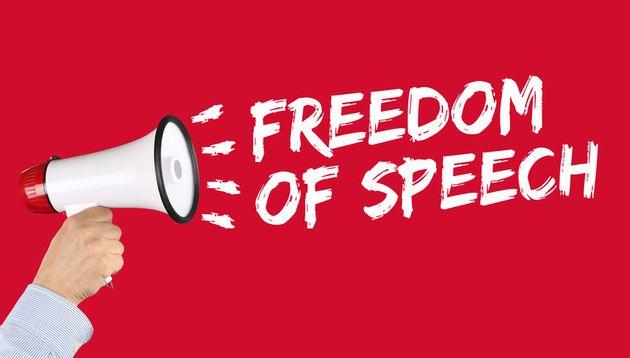HUMAN RIGHTS PERSPECTIVE OF FREEDOM OF SPEECH AND EXPRESSION
Dr.K.SANGEETHA
Assistant Professor, Department of International Law, The Tamil Nadu Dr. Ambedkar Law University, Chennai
Best Citation – Dr.K.SANGEETHA, HUMAN RIGHTS PERSPECTIVE OF FREEDOM OF SPEECH AND EXPRESSION, 1 ILECR 13 (2022)
ABSTRACT
Freedom of Expression was guaranteed selectively, and dissent was repressed through unlawful restrictions on peaceful protests and by Silencing Critics. Human Rights defenders, including Students, Academicians, Journalists and Artists, were arbitrarily arrested, often without Charge or Trial. Despite a Supreme Court ruling to reduce prison overcrowding to curb the spread of COVID-19, the Authorities continued to incarcerate many who were critical of the Government. The Authorities failed to adequately investigate or punish perpetrators of violence based on caste, sex and gender, and carried out reprisals against those who reported rape and caste based Crimes. There was widespread impunity and lack of accountability for murders and attacks carried out by vigilante Mobs and Police officers against Religious Minorities. Swift and Extreme Restrictions were placed on freedom of movement in response to the pandemic, leaving thousands of migrant workers stranded without adequate food and protection. Some restrictions to curb the pandemic also threatened the Right to Privacy.
In December 2019, the Government passed the Citizenship (Amendment) Act (CAA) enabling irregular migrants from Afghanistan, Bangladesh and Pakistan to obtain Indian Citizenship, excluding Muslims. The discriminatory nature of the CAA sparked peaceful protests across the Country, which was met with Arbitrary Arrests and Detention and widespread demonization of those protesting. The Government’s Strategy to curb COVID-19 included a punitive lockdown at very short notice, lack of transparency in disbursing relief funds, threats to privacy, and demonization of Religious Minorities.
New Restrictions were imposed on Freedoms of Expression and Assembly in response to the COVID-19 Pandemic. On 24 March, Prime Minister Modi imposed a Nationwide Lockdown (Janata Curfew), comprising mandatory ‘Stay-at-Home’ quarantine under the Disaster Management Act, a Draconian Law which gives the Government sweeping powers in Disaster Situations. Breaches of the lockdown resulted in arrests and detentions.
KEYWORDS: Indian Constitution, Freedom of Speech and Expression, Right to Privacy, Human Rights
